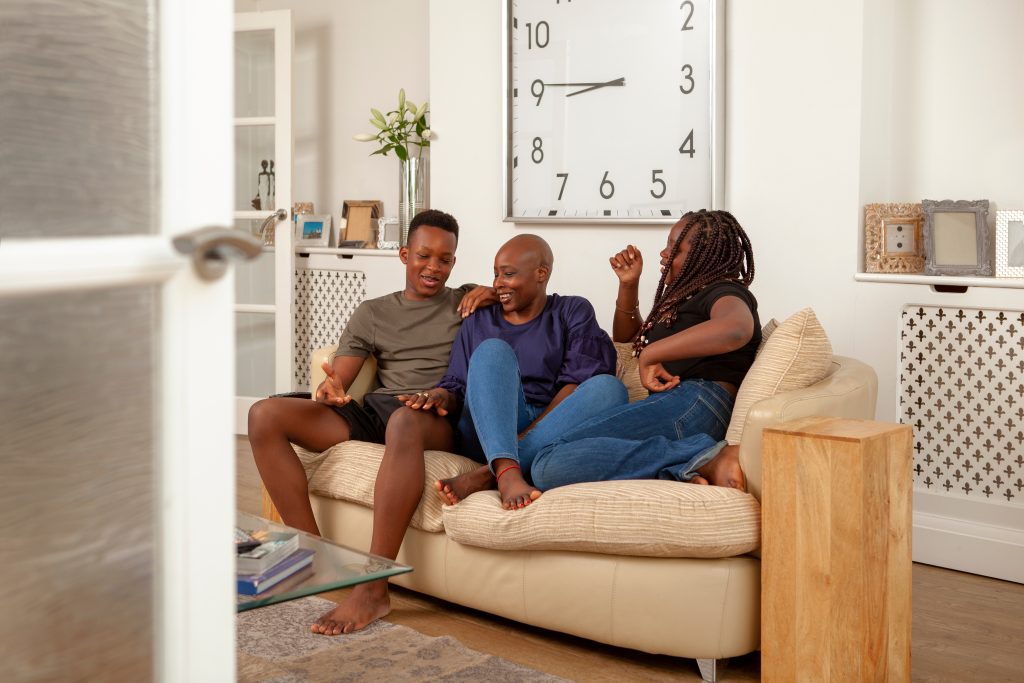When someone you care about experiences a loss, it can be difficult to know how to best support them. Grief is a complex and personal journey, and there’s no one-size-fits-all approach.
This article offers practical tips to help you navigate this sensitive time, from offering practical help with daily tasks to creating a space for open communication and emotional support. Your patience and understanding can make a world of difference for someone who is grieving.

Try to be patient
The grieving person is reacting to a loss and some of their responses may be out of character and not align with their typical behaviours. Try to be patient and not to take any comments personally. You may say something that upsets them but remember, you can’t always say the right thing and the person is likely upset due to the loss, not you.

Try to be non-judgmental
It is common for someone’s behaviour, habits and personality traits to alter while grieving. Try not to judge them and understand these changes should pass in time. If you are worried about their behaviour, you may want to talk to them about arranging external support.

Consider offering practical support
A grieving person may find it hard to ask for help. Try to be proactive and think of practical support you can offer such as childcare, shopping, laundry, providing transport and so on. Also think of who they may be caring for

Create a support network
Supporting a grieving person on your own can be draining. Where possible, create a network of people who can help support them. Remember to take time to care for yourself too.

Consider external support
There are limits to the amount and type of support you will be able to provide. Consider if there are there any external agencies that could help. For example, helplines for emotional support, bereavement groups, schools or social services if appropriate.

Offer space and time for the person to speak
Asking open questions about how the person is feeling and staying curious about what they need can be helpful as this will change from day to day. Offering a place where the person can talk freely will allow them to process some of their grief and discourage them from bottling it up.
There is a misconception that by talking about the dead person, you will upset the bereaved, however, often the bereaved person longs to talk about memories, thoughts and feelings. Asking questions about the person they lost and allowing them to speak freely can be very helpful.

Acknowledge important dates
Bear in mind birthdays, anniversaries and other important dates may be particularly challenging for the person, especially in the first few years after a bereavement. However, it is important to understand the person may always be upset around these times and that this is normal.

Include the person in social events
Bereavement isn’t just about losing a loved one; it can also mean losing a social anchor. The deceased may have been a key part of the bereaved person’s social circle. This loss can leave them feeling isolated and unsure how to reconnect. By inviting them to social events, even if they decline at first, you can help rebuild their connections and remind them they’re not alone.

Don’t rush or try to ‘fix’ the person
Grief is a natural reaction to bereavement and it takes time.
Bereavement is unique to each person and is dependent on a variety of things, such as the relationship they had with the person, their own history, where they are in life, and the support they have around them. Grief cannot be rushed and cannot be fixed. It is a process and a natural part of loss. It is natural to want to ‘make it better’ for a person you care about, however, the best way to help is to support them patiently while they navigate their way through the process.
Counselling and support
If you feel the person you are supporting with their grief needs some professional support, then The Spark can provide counselling for bereavement.

